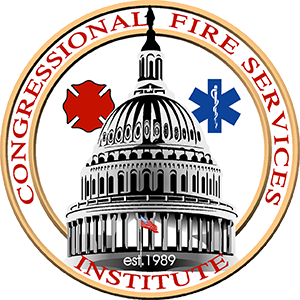(June 9, 2017) – On Wednesday, June 7th, the BuildStrong Coalition hosted the National Thoughts Leaders Forum on Disaster Mitigation Resiliency for a Stronger and Safer America. The forum, featuring members of Congress, fire service leaders, code and standard organizations, and representatives of the construction and insurance industries, examined the impact strong building codes can have in saving lives and taxpayer dollars and explored incentives for strengthening buildings and mitigating damage from natural disasters.
Congressman Lou Barletta (PA-11), Congressman Lloyd Smucker (PA-16), and Senator Ron Johnson (WI) addressed the forum. The members of Congress largely focused their comments on the need to reform the Federal Emergency Management Agency’s (FEMA) disaster assistance programs to better protect the public while simultaneously safeguarding taxpayer dollars.
The Forum also featured a Stakeholder Roundtable, which included subject matter experts from a variety of fields, including the fire and emergency services. Members of the roundtable emphasized the need for federal incentives to encourage state and local governments to adopt model building codes. Bill Webb, Executive Director of the Congressional Fire Services Institute, participated in the roundtable discussion.
“Studies, research and real-life events make a compelling case for greater adoption and enforcement of nationally recognized building codes,” said Mr. Webb. “Providing incentives to encourage more states to adopt these codes, as part of a national mitigation strategy, will reduce the cost of natural disasters for government at the local, state and federal levels and greatly reduce the risk of death and injuries to citizens caught in pathway of these disasters and the first responders who put their lives on the line to save others.”
CFSI has been a member of the BuildStrong Coalition since 2011 and continues to advocate for the adoption of strong building codes at the federal, state and local levels.
